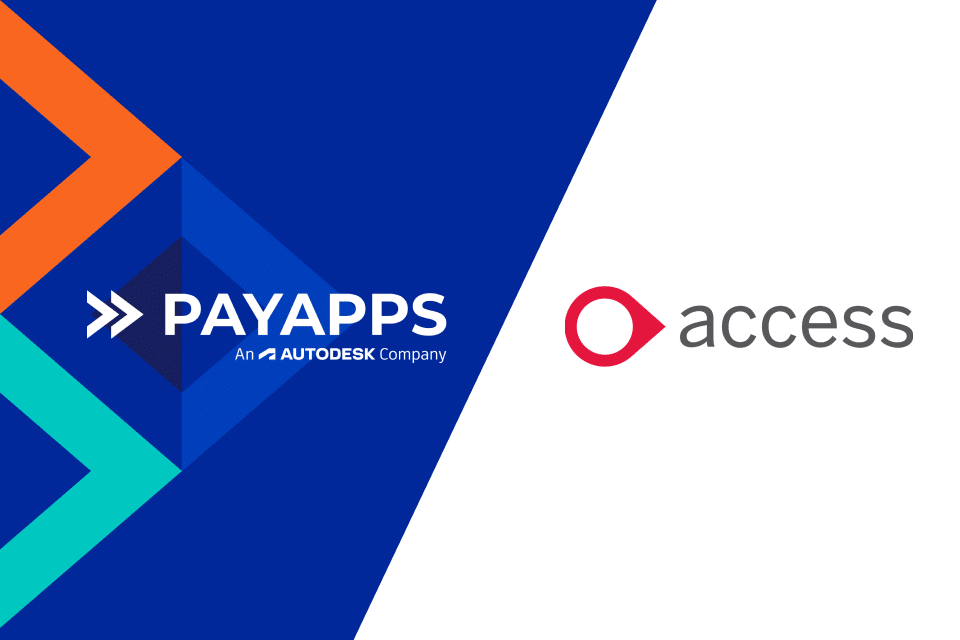Prompter payments: the construction industry’s payment regulation change 2022
Typically, April 1st marks a day of light-hearted fun, harmless pranks and good-natured jokes. However, 2022 marks a day of positive change for the construction sector.
Late payments have consistently been a problem for the industry and now, further steps are being taken to encourage prompter payments.
The Procurement Policy Note – published in October last year – saw new targets outlined by the UK government. So, what are these changes, how could they impact you, and what happens if you don’t meet them?
Construction’s Prompt Payment Code
Initially introduced in 2008, the Prompt Payment Code (PPC) in the construction industry is designed to try and change the culture around slow payments. Traditionally, some companies can be slow to pay suppliers, so the code’s goal is to encourage quicker payment between businesses, particularly for bigger corporations.
Firms can voluntarily join the initiative. In doing so, they agree to pay suppliers on time, offer them clear guidance on payment procedures and encourage the adoption of the code throughout their supply chains. Failure to do so may see them suspended from the code. Already, around 3,000 organisations have signed up.

The 2022 changes to construction payment regulations
In October 2021, the government published ‘Procurement Policy Note 08/21‘, outlining plans for the changes set to come into effect from April 2022. For government contracts over £5m, there will be a tightening of the rules during the pre-qualification process relating to the timely payment of supply chains.
At present, a company can still bid for work if they pay 85% of invoices within 60 days and submit an action plan. Now, they must pay 90% of invoices within 60 days or risk exclusion from public contracts. If and when a company bids for work worth £5m+, adherence is checked. Those falling short may be barred from winning contracts.
In time the government plans to raise the 60-day target to 95%.
Why change is important
In theory, the PPC made the right noises and sounded like a step in the right direction – until the collapse of Carillion. In the immediate aftermath, the shortcomings of the Prompt Payment Codewere exposed and by some. As time has passed, tweaks and updates to the legislation have been implemented. Late payments may still happen, but it’s hoped that April’s updates will make firms take note.
Additionally, the COVID-19 pandemic may have played a part in driving change. Some knock-on effects included delays throughout supply chains and slower progression on some sites, which slowed payments. Recent findings from Lloyds Bank Commercial Banking highlighted how more than two-thirds of contractors dealt with slower payments since the pandemic began.
For far too long, delays in the sector have been accepted as a part of the industry. It’s hoped that legislation such as the PPC can help change that.
What does the tightening of the prompt payment rules mean for contractors?
Construction late payments can stifle an already stretched thin cash flow, which is especially relevant for contractors and those in the SME space. As the pandemic was – and continues to be – a challenge for many of us, multiple missed payments could spell disaster. It’s hoped that these changes will drive better industry practices and make any potential conflicts easier to resolve. By forcing 90% of invoices to be paid within 60 days, it’s hoped buyers will refrain from late payments to suppliers.
Equally, as signatories must report on their payment performance annually, and as part of the accompanying Duty to Report payment practices regulations, the PPC makes it easier for suppliers to see which buyers pay on time, meaning they can avoid those who don’t. Those who fail to adhere to the PPC face the threat of expulsion. As the code has to be signed by a CEO, Finance Director or Business Owner, removal from the code can be damning – damage extends beyond a business reputation to a personal, professional level too, harming future projects and work opportunities.
How can you stay compliant with the prompt payment rules?
Remaining compliant is one of the most pressing issues facing those in the sector. However, it becomes easier to manage with complete visibility of your supply chain payment processing.
The easiest way to maintain control over all ongoing projects is by opting for a digital solution such as Payapps. Offering complete transparency, project details and payment reminders, Payapps is all you need to manage payment claims in one central location, ensuring you never miss a payment notice deadline or payment, and that your business adheres to guidelines with minimal fuss.
Start streamlining your payment process today by arranging a free demonstration of Payapps.





